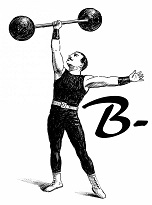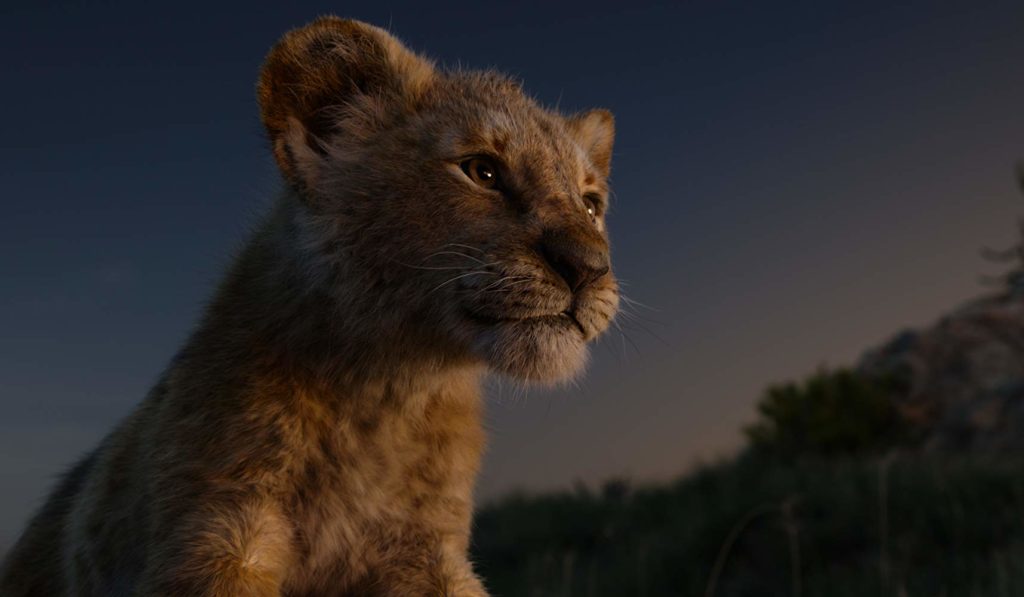Audiences and critics alike are carping on “The Lion King,” proclaiming the remake of the 1994 animated Disney classic serves no purpose. Well, as it rules the box office a mere week after its release, audiences are clearly here for Disney churning out live-action remakes of our animated favorites.
The 2019 film holds true to the premise of its predecessor. A young lion named Simba (JD McCrary, voiced as an adult by Donald Glover) lives a care-free life in the pride lands with his best friend Nala (Shahadi Wright Joseph, voiced as an adult by Beyoncé Knowles Carter). Simba’s father Mufasa (James Earl Jones returning to his iconic role) rules the land as king, with his jealous brother Scar (Chiwetel Ejofor) watching from the shadows. After tragedy strikes, Simba runs away and finds a new home with meerkat Timon (Billy Eichner) and warthog Pumbaa (Seth Rogen). But will Simba ever return home to take his rightful place as king?
We’re all familiar with the beats of this story. Director Jon Favreau remains incredibly faithful to the story, some might argue to a fault. But Favreau is in a lose-lose situation here. By remaining too faithful to the story, he’s accused of creating an unimaginative film. But changing too much would upset fans of the original — just look at the backlash from the news that upcoming “Mulan” remake will not be a musical.
One thing Favreau does make his own is the technology he implemented to make this film. It’s technically inaccurate to call the 2019 film live-action. The team behind “The Lion King” used a combination of virtual reality and camera technology to create the look. The result is generally stunning. The only setback is a lack of emotion of the animals’ faces. Logically, audiences understand that animals lack the ability to emote. However, fans of the 1994 film are used to expressive eyes and devilishly arched eyebrows of its characters. By opting in to this photo-realistic version of the beloved film, we lose that aspect of the original. On occasion, the lack of emotion takes you out of the story. Simba crying over a tragedy with a blank look on his face takes away from the power of a scene that is an iconic moment in the original film.
The voice acting in this new version is a mixed bag. Favreau is famous for encouraging improvisation on his sets. It’s clear here which actors had a little fun with the script, and which simply just read their lines. Beyoncé brought virtually nothing to her dialogue, just a few moments of emotion. Glover and Ejofor gave just slightly better performances.
The true stars of the movie were Eichner and Rogen. While Nathan Lane and Ernie Sabella gave truly memorable performances as the original duo, Eichner and Rogen breathe new life into the characters with their sharp improvisational skills. Favreau had the two record lines together, and the chemistry they created together shows on screen.
So why does this remake of “The Lion King” exist? The power of nostalgia. Is that a cheap way to grab audience’s attention? You bet. But that doesn’t make this movie less fun. With the exception of a few slow scenes, the 2019 version of “The Lion King” is ultimately worth it.


